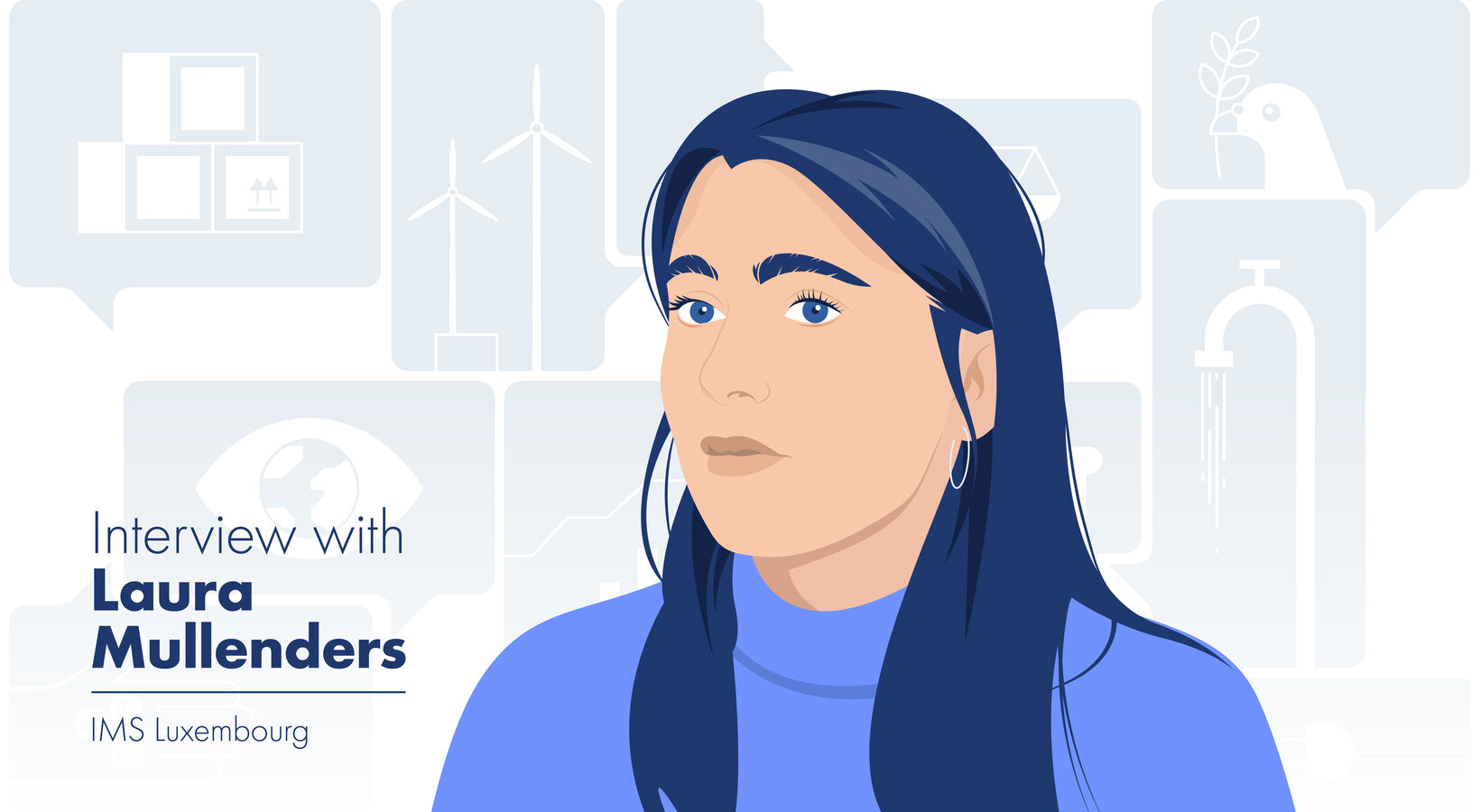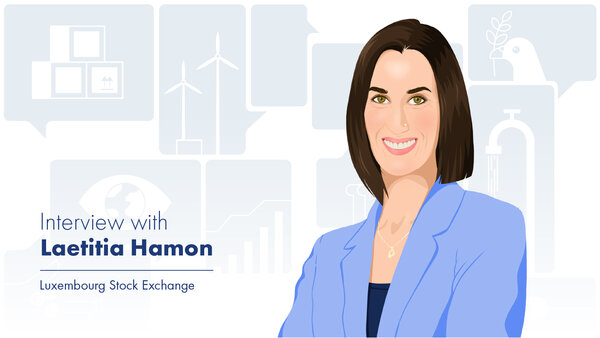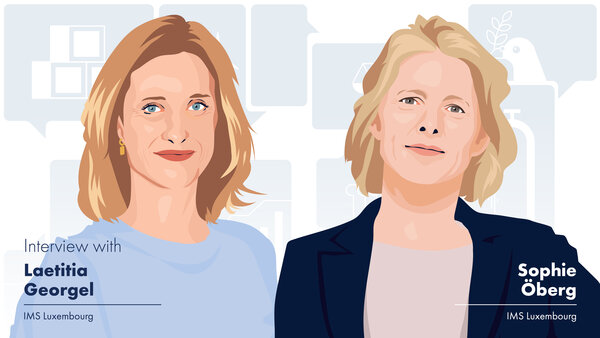Five tips for reducing plastic pollution in the ocean:
1. Take an interest in sorting waste. There are many ways of getting informed and educating your friends, family and colleagues about this subject, and often there are new things to learn. For example, not all plastic packaging is equally recyclable, so when plastic packaging is unavoidable, you should opt for reusable solutions;
2. Make informed choices and sustainable purchases. There are many tools to help in this regard, too;
3. Choose products designed for repeated use through repairing them, sharing them or giving them a second life by donating, selling or swapping the items you no longer want;
4. Contribute to initiatives around you;
5. Set a good example through simple everyday actions such as picking up rubbish you see in the street or carrying a reusable bottle, bag or set of cutlery with you, etc.
These habits can inspire people around us to follow suit.
![[Translate to English:] [Translate to English:]](/fileadmin/_processed_/9/a/csm_415_EXP_Stephanie_Damge_House_of_Entrepreneurship_ef4a4a81e8.jpg)

![[Translate to English:] [Translate to English:]](/fileadmin/_processed_/3/6/csm_414_EXP_Tom_Wirion_68ffad8a51.jpg)
![[Translate to English:] [Translate to English:]](/fileadmin/_processed_/0/7/csm_Jessica_Thyrion_ESG_080dab77d5.png)

![[Translate to English:] [Translate to English:]](/fileadmin/_processed_/6/2/csm_404_RSE_Elena_Fuzzi_Aude_Payan_KPMG__1__d37f342c7d.jpg)
![[Translate to English:] [Translate to English:]](/fileadmin/_processed_/7/7/csm_398_RSE_Nicoletta-Centofanti_LSFI_3f9d397fb3.jpg)

![[Translate to English:] [Translate to English:]](/fileadmin/_processed_/7/7/csm_350__RSE__Julien_Froumouth__ABBL_b0d4199dba.jpg)


![[Translate to English:] [Translate to English:]](/fileadmin/_processed_/f/0/csm_391_RSE_Falk_Fernbach_308f17aa1d.jpg)
![[Translate to English:] [Translate to English:]](/fileadmin/_processed_/5/4/csm_390_RSE_Johansson_Peters_4412aa2c2a.jpg)